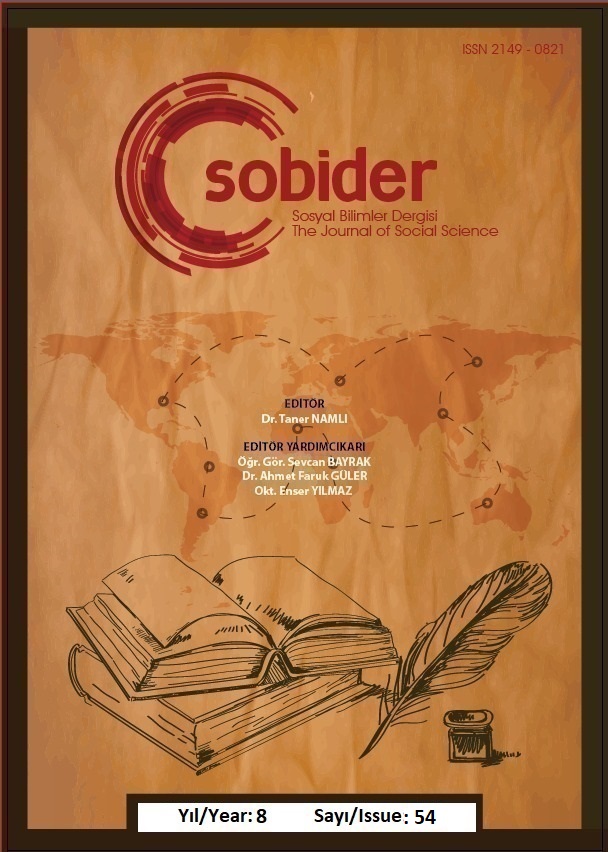Author :
Abstract
Günümüzde neredeyse tüm kurumlar etkili lider eksikliği veya lider geliştirme sorunlarıyla karşı karşıyadır. Bu kapsamda kurumlar için etkili liderliği sağlayacak gelişim programlarını kullanmaları oldukça önem kazanmıştır. Küresel bir bakış açısıyla benimsenen bu programlar mevcut liderleri etkili hale getirmekte ve potansiyel liderlerin görünürlüğünü artırmaktadır. Bu sayede kurumlar liderlik geliştirme programlarına yaptıkları yatırımların faydalarını uzun vadeli bir odaklanma ile görebilmektedir. Diğer yandan etkili liderlik hususu kurumsal ve yönetsel zorlukların üstesinden gelebilecek liderlere sahip olabilmek için kapsamlı ve sistematik bir şekilde kurumsal kültüre entegre edilmelidir.
Bu çalışmanın amacı etkili liderliği ve kurumsal performansı artıracak bazı liderlik gelişim programlarını incelemek ve nihai olarak etkili liderlik hakkında bir perspektif sunmaktır. Çalışmada ifade edilen kurum kelimesi özel-kamu sektörü ayrımı yapılmaksızın kapsayıcı bir anlam yüklenerek kullanılmıştır.
Keywords
Abstract
Today, almost all organizations are faced with a lack of effective leaders or leader development problems. In this context, the implementation of development programs that will increase the effectiveness of leadership for institutions has gained great importance. These approaches, which are adopted from a global perspective, make current leaders effective and increase the visibility of potential leaders. In this way, institutions can see the benefits of their investments in leadership development programs with a long-term focus. On the other hand, effective leadership should be integrated into the corporate culture in a comprehensive and systematic way for leaders who can overcome institutional and managerial challenges.
The aim of this study is to examine some leadership development programs that will increase effective leadership and organizational performance, and finally to present a perspective on effective leadership. The word “institution” expressed in the study was used with an inclusive meaning without distinction between the private and public sectors.
Keywords
- Amagoh, F. (2009). Leadership Development and Leadership Effectiveness. Management Decision. 47(6), 989-999.
- Day, D. V. (2000). Leadership Development: A Review in Context. The Leadership Quarterly, 11(4), 581-613.
- DePree, M. (2011). Leadership Is An Art. Currency.
- Groves, K. (2007). Integrating Leadership Development and Succession Planning Best Practices, Journal of Management Psychology, 26(3), 239-260.
- Kim, S. (2007). Learning Goal Orientation, Formal Mentoring, and Leadership Competence in HRD, Journal of European Industrial Training, 31(3), 181-194.
- Luthans, F., & Avolio, B. J. (2003). Authentic Leadership Development. Positive Organizational Scholarship, 241, 258.
- Popper, M., & Lipshitz, R. (1993). Putting Leadership Theory to Work: A Conceptual Framework for Theory‐Based Leadership Development. Leadership & Organization Development Journal. 14(7), 23-27.
- Thomas, R.J. and Cheese, P. (2005). Leadership: Experience Is the Best Teacher, Strategy & Leadership, 33(3), 24-29.
- Weiss, D. & Molinaro, V. (2006). Integrated Leadership Development, Industrial and Commercial Training, 38(1), 3-11.
- Yamamoto, K. (1988). To See Life Grow: The Meaning of Mentorship. Theory into Practice, 27(3), 183-189.





